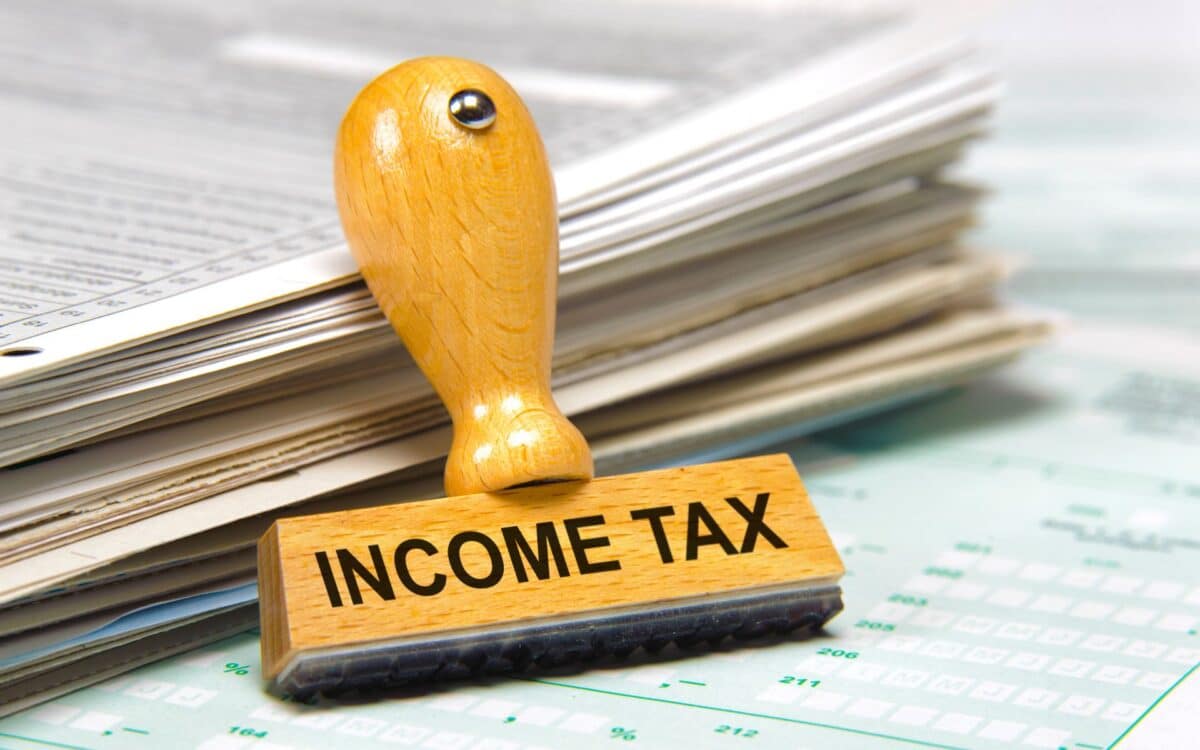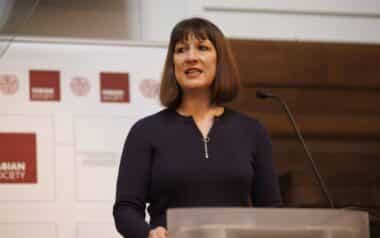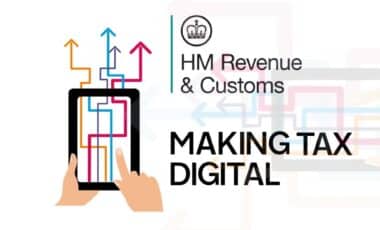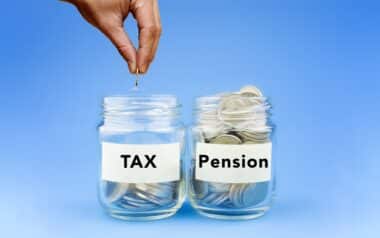The government’s decision to freeze income tax thresholds is set to push an additional 2.5 million taxpayers into the higher-rate tax band by 2025-26. According to the Office for Budget Responsibility (OBR), the total number of individuals paying 40% tax will rise to 7 million, marking a significant 55% increase compared to a scenario where tax thresholds were adjusted for inflation. As a result, millions of middle-income earners are being drawn into higher tax bands, contributing to a growing financial burden on households.
Understanding the New Income Tax Dynamics for Middle-Income Earners
The tax landscape is shifting dramatically, pushing more middle-income earners into higher tax brackets.“Gone are the days when being a higher-rate taxpayer was the preserve of the very wealthy,” observed Sarah Coles of Hargreaves Lansdown, adding, “around a fifth of taxpayers now pay higher or additional rates.”
Implications for Taxpayers:
- Increased Financial Pressure: Taxpayers are contributing billions more annually.
- Eroding Tax-Free Options: Frozen thresholds have amplified the appeal of generating tax-free income.
- Impact on Wages: As salaries rise, more individuals are caught in the fiscal drag.
Missed Opportunities to Tackle Fiscal Drag
The opposition has pledged to adjust personal tax thresholds in line with inflation starting from the 2028-29 tax year, a move intended to address growing concerns over fiscal drag. Critics, however, argue that delaying these adjustments until 2028-29 fails to address the immediate financial challenges faced by millions of taxpayers. The current Personal Allowance, set at £12,570, would rise to an inflation-adjusted level of £15,540 if updated sooner, while the Higher-Rate Band, currently at £50,270, would increase to £62,340.
By postponing these changes, many individuals are being pushed into higher tax brackets without any real increase in their purchasing power, exacerbating financial strain during a time of rising living costs. Critics emphasize that failing to act earlier means taxpayers will continue to bear the brunt of what is effectively a stealth tax, as stagnant thresholds fail to keep pace with inflation. This delay raises questions about the government’s commitment to alleviating fiscal pressure and protecting household incomes in the near term.
The Chancellor’s Commitment to Fiscal Responsibility and Tax Stability
The Chancellor recently defended her fiscal strategy amid mounting scrutiny:“We have set out the fiscal rules that we will balance day to day spending with tax receipts, and we will get debt down as a share of GDP within the forecast period, and we will continue at all times to meet those fiscal rules” she told MPs.
A spokesperson for HM Treasury further stated:“We are committed to keeping taxes low for working people, which is why we protected payslips from tax rises and are not extending the freeze on personal tax thresholds past 2027-28.”
Evaluating the Sustainability of Current Tax Policies Amid Fiscal Drag
As fiscal drag expands the tax burden across all income levels, the public is left questioning whether the current approach is sustainable. Policymakers face a choice: either maintain the freeze and watch the tax base grow, or overhaul the system to match modern economic realities.









